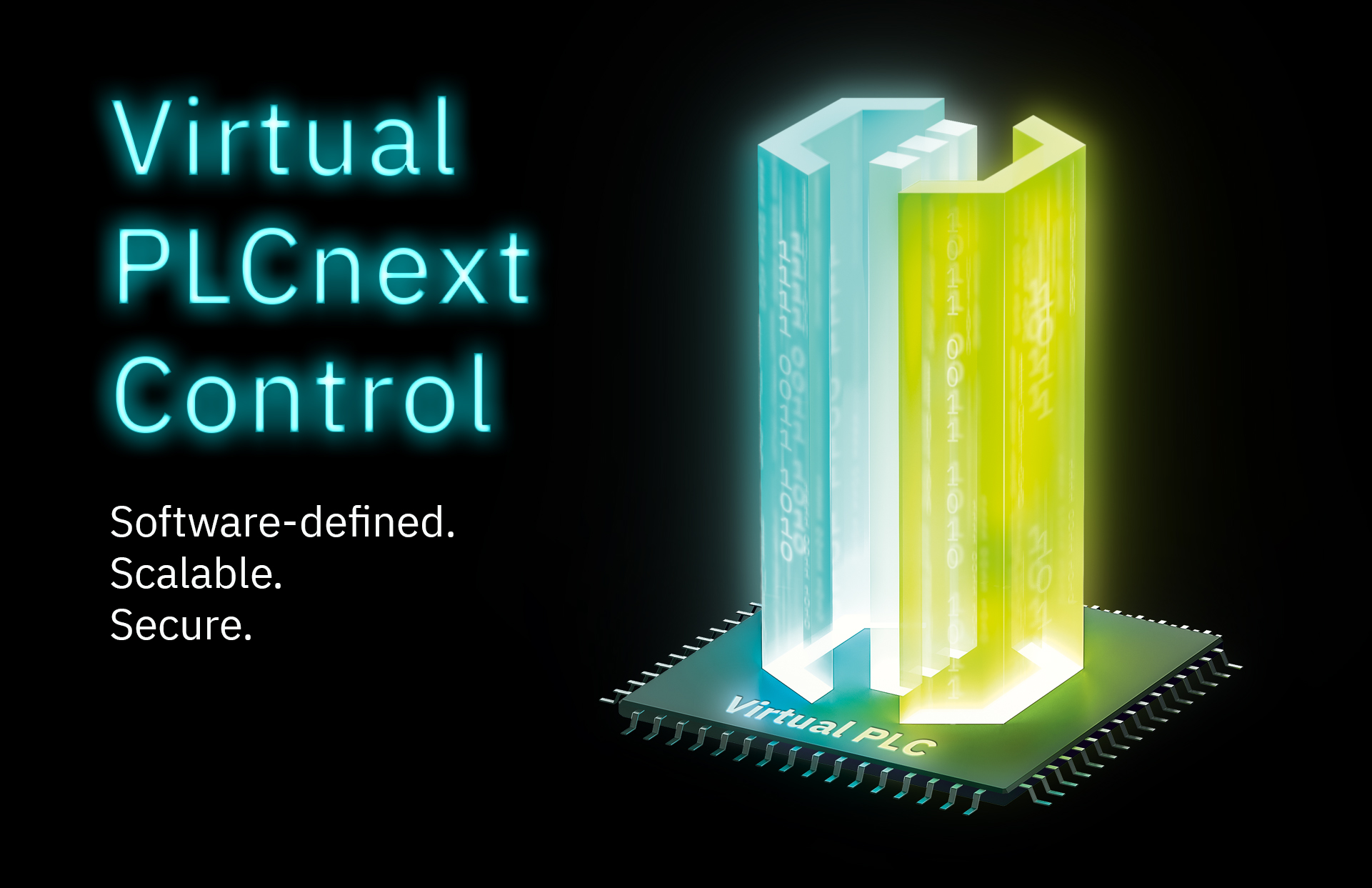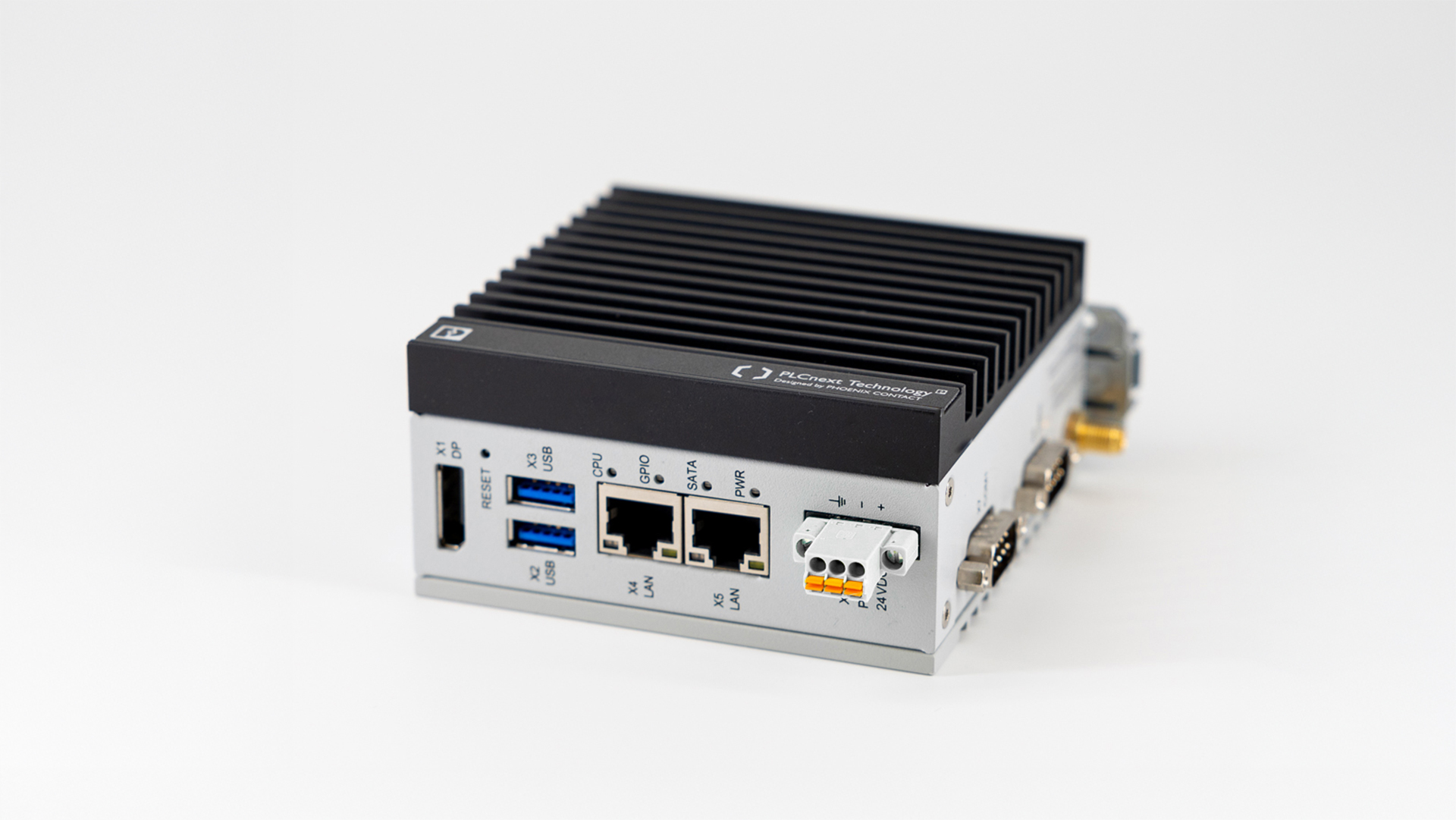This is my archive
App installation states PLCnext Technology Apps must be installed and uninstalled using either the PLCnext Store or the web-based management (WBM) hosted on the controller. In the background, both the PLCnext Store and the WBM interact with the AppManager on the controller to handle the app installation and run states. A PLCnext Technology App… Read More
Creation of an app container The Linux command plcnextapp is available under /usr/bin and is used to create an app container. The following parameters are supported: create e.g.: plcnextapp create /opt/plcnext/myapp My App example e.g.: plcnextapp example “create”: Creates a… Read More
PLCnext Technology Apps A PLCnext Technology App (in the following also called “app” for short) is a collection of functionalities bundled into one large file that can be understood and executed by the PLCnext Technology Runtime System. Each app may contain multiple different parts, that provide functionalities to the system in their own… Read More
App container A PLCnext Technology App is stored in a SquashFS container (see Squash FS on Wikipedia). A SquashFS container stores a folder and file structure in a single compressed file. The SquashFS containers of all installed and started apps are mounted by the AppManager in the Linux file system… Read More
App management In contrast to a classic package manager which installs the files of the application to be installed directly in the Linux file system, PLCnext Technology Apps are hosted in file containers (like a zip file) and the system references the files in the container. This procedure allows… Read More
Diagnostic log files All status and error information related to app management are saved in the following two log files: /opt/plcnext/logs/Output.log: All status and error messages of thePLCnext Technology firmware, including those of the app management components /opt/plcnext/logs/plcnextapps.log: status and error messages of the plcnextapp command line tool… Read More
Building a PLCnext Technology App Independent of the amount and types of your app parts the general way to build the app is always identical. The necessary changes you need to include for every app part will be detailed below the general build process. The description of each app… Read More
Alternative creation of an app container on a Linux desktop PC In some cases the command plcnextapp cannot be used for generating the app container, e.g. because this creation step should be integrated into a build process which cannot access a PLCnext Control. In this case the SquashFS of the app… Read More
PLCnext Technology Software Development Kit Phoenix Contact recommends developing libraries and executable binaries for the different app parts on a separate PC, and not directly on the controller. For the development on a separate PC you need a tool chain consisting of an SDK and a cross compiler. One possible tool chain can… Read More
License check General information In case of a chargeable app, a license check should be integrated into the app. The license check verifies the presence of a license on the device or on a LIC SD card located in the device. The license must first be… Read More



